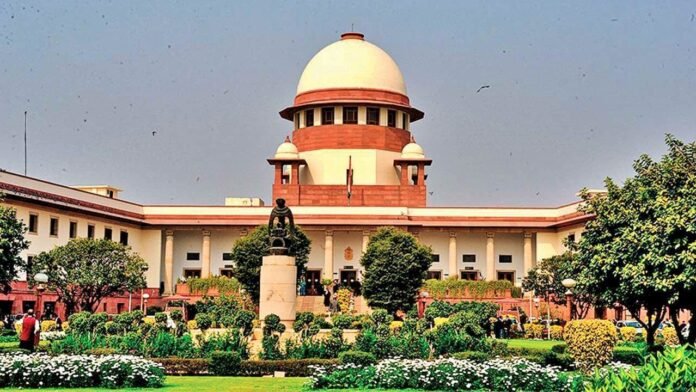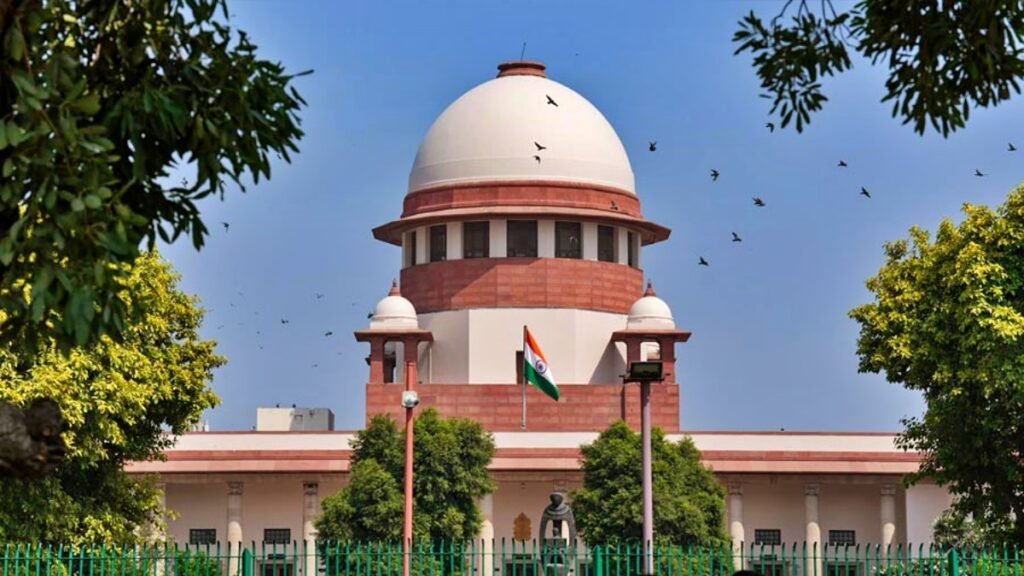
New Delhi: The Supreme Court has reserved its order on the issue of commutation of their sentences by the Gujarat government. The court has also asked the Centre and Gujarat to submit the original records about the pardon orders by October 16.
A bench comprising Justices BV Nagarathna and Ujjal Bhuyan heard the arguments from both sides on Wednesday and said that it will have to strike a balance between the rights of the victims and the convicts. The convicts have claimed they were granted early release under the state’s immunity policy for reform and reintegration into society. They have also contended that the pardon orders have the force of a judicial order and cannot be challenged by filing a writ petition under Article 32 of the Constitution.
Advocate Shobha Gupta, appearing for Bano, opposed the early release of the convicts and stressed that three important factors – nature of the offense, impact on the society at large, and precedential value – were not taken into account while passing the pardon orders. She told the court that this was not a case of gunshot injury but a case of extreme brutality, cruelty, and barbarity. She said that eight minors, including Bano’s first child, were killed by smashing their heads with stones. She said that a mob gang-raped Bano, who was pregnant at that time, and her mother.
The Centre, Gujarat government, and the convicts have also opposed the public interest litigations (PILs) filed by CPI-M leader Subhashini Ali, Trinamool Congress MP Mahua Moitra, National Federation of Indian Women, Asma Shafiq Shaikh, and others against the commutation orders. They have argued that once the victim herself approaches the court, others cannot be allowed to interfere in the criminal case.
The case pertains to the horrific incident that took place on March 3, 2002, when Bano and her family were attacked by a mob at Randhikpur village near Ahmedabad during the communal violence that erupted after the Godhra train burning incident. Out of her 14 family members, 12 were killed and she was gang-raped with her mother. She was also left for dead along with her two-year-old daughter, who did not survive.

In 2008, a special court convicted 11 people of rape and murder and sentenced them to life imprisonment. The Bombay High Court upheld their conviction in 2017 but reduced their sentence to 10 years in jail. The Supreme Court also confirmed their conviction in 2019 but restored their sentence to life imprisonment. However, in August 2020, the Gujarat government released them under its immunity policy after they completed 15 years in jail.















































